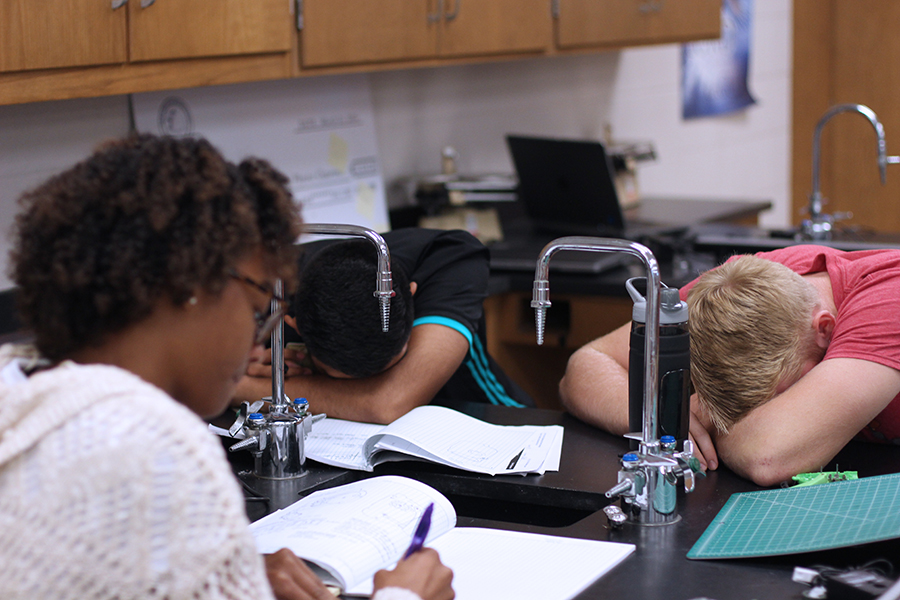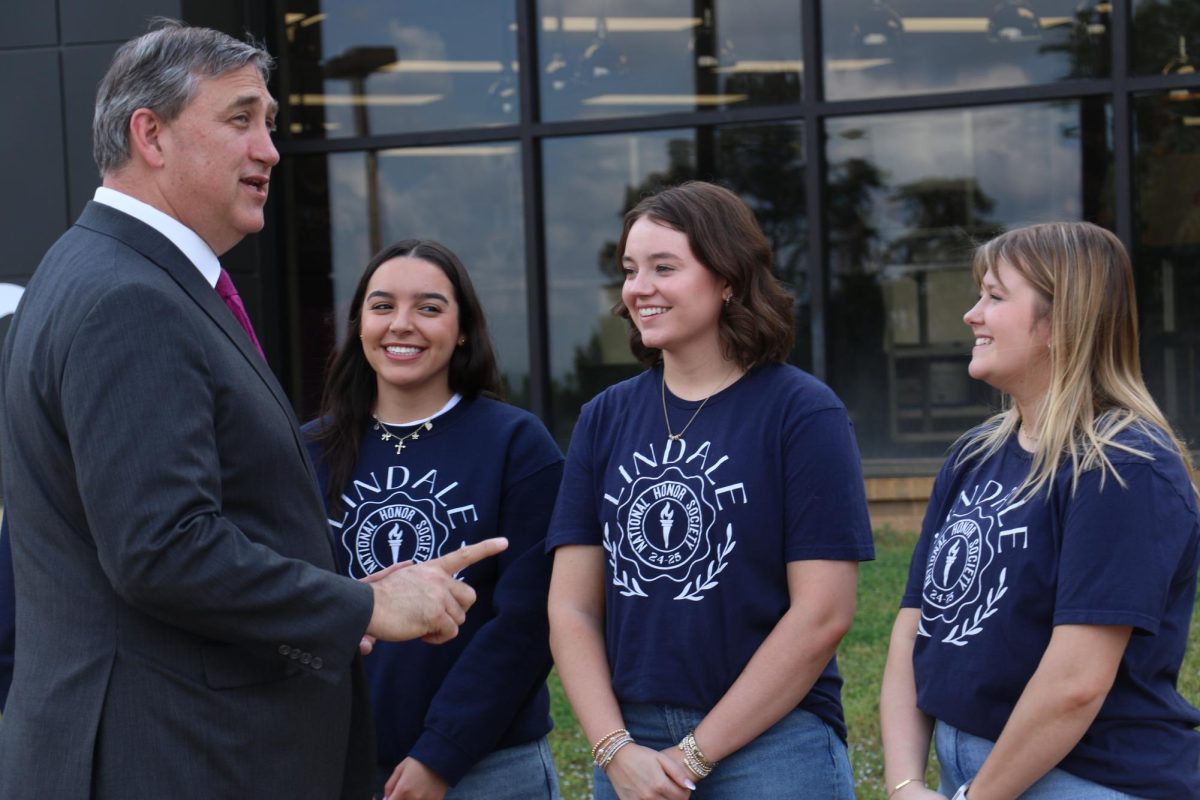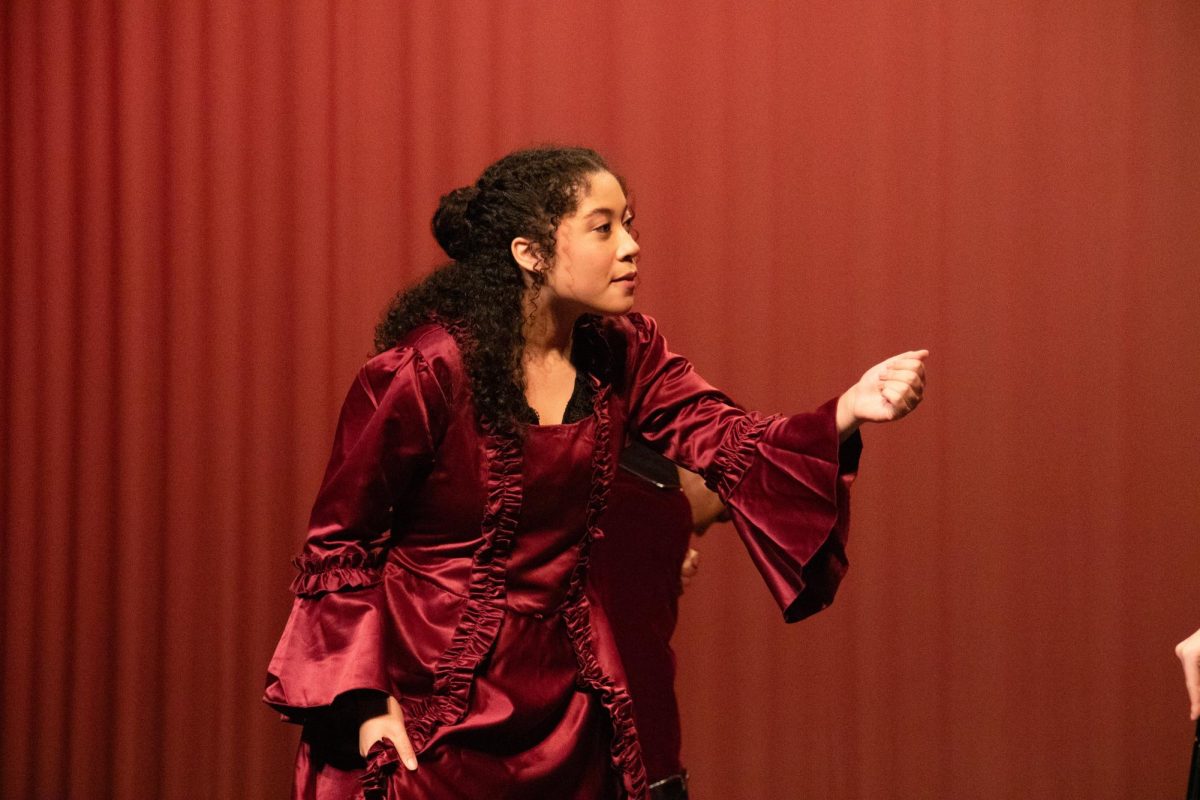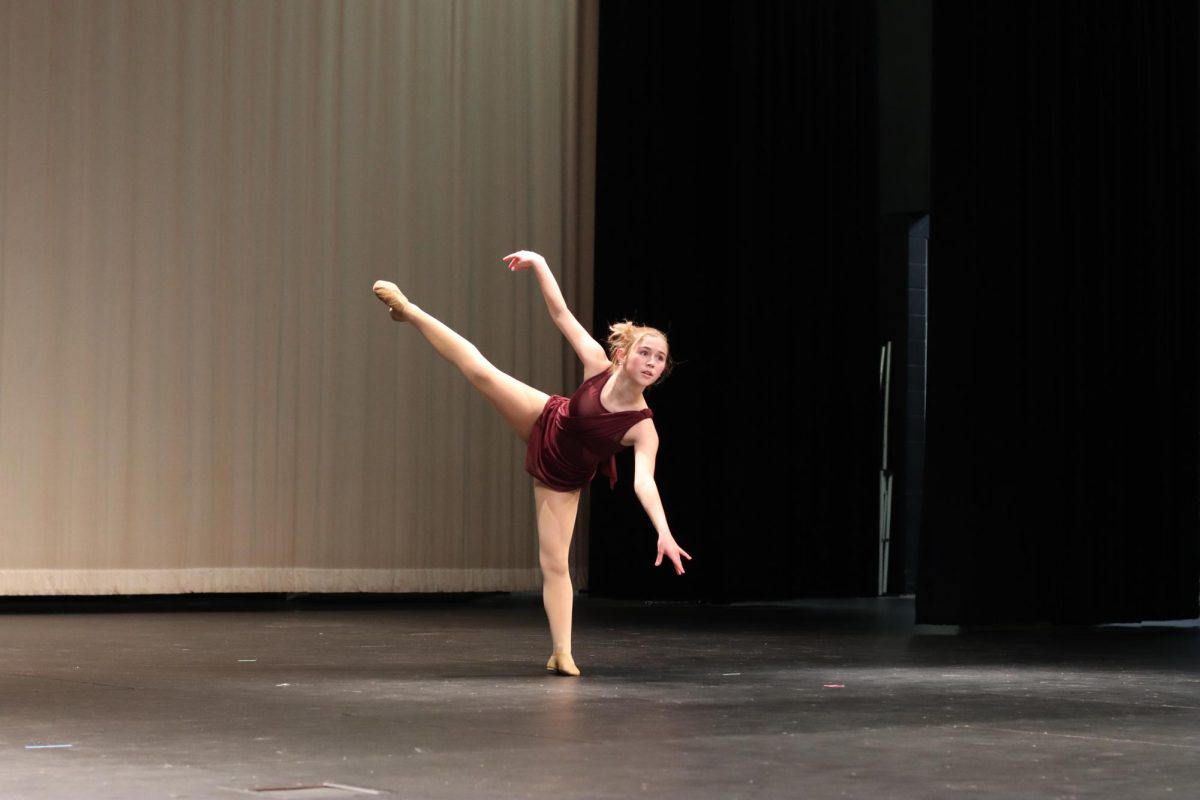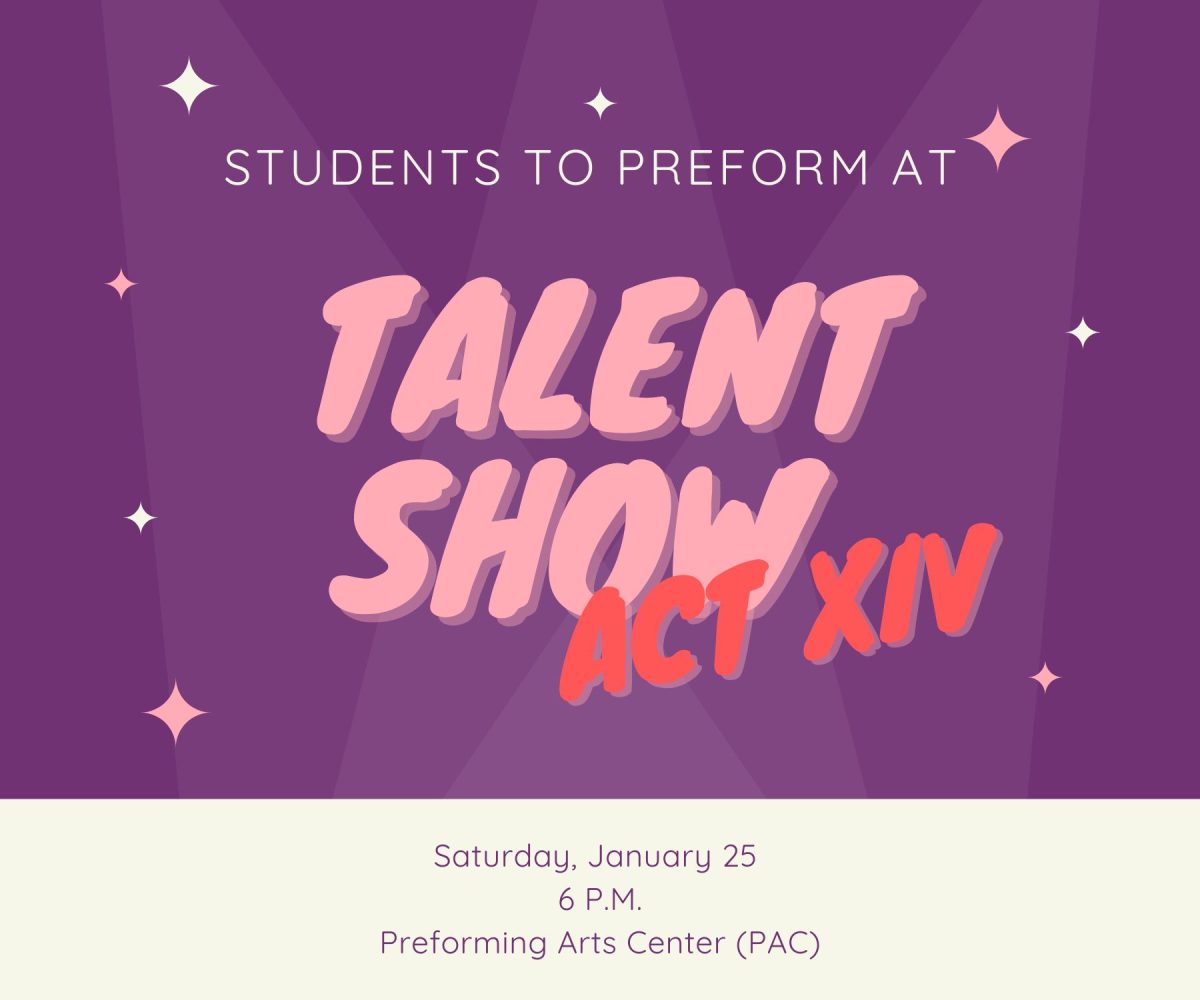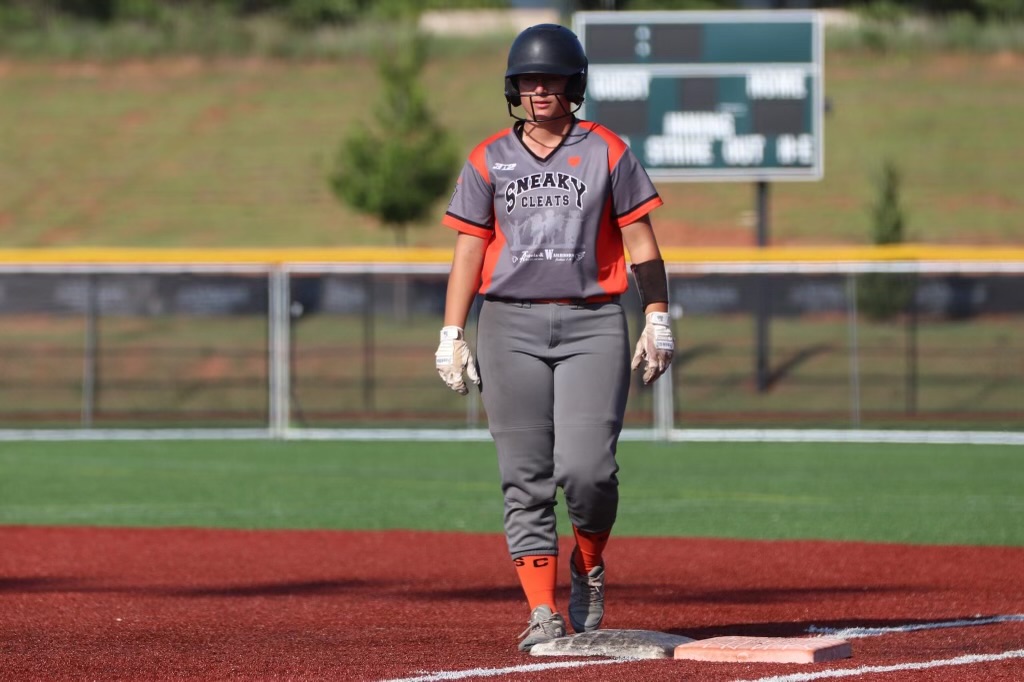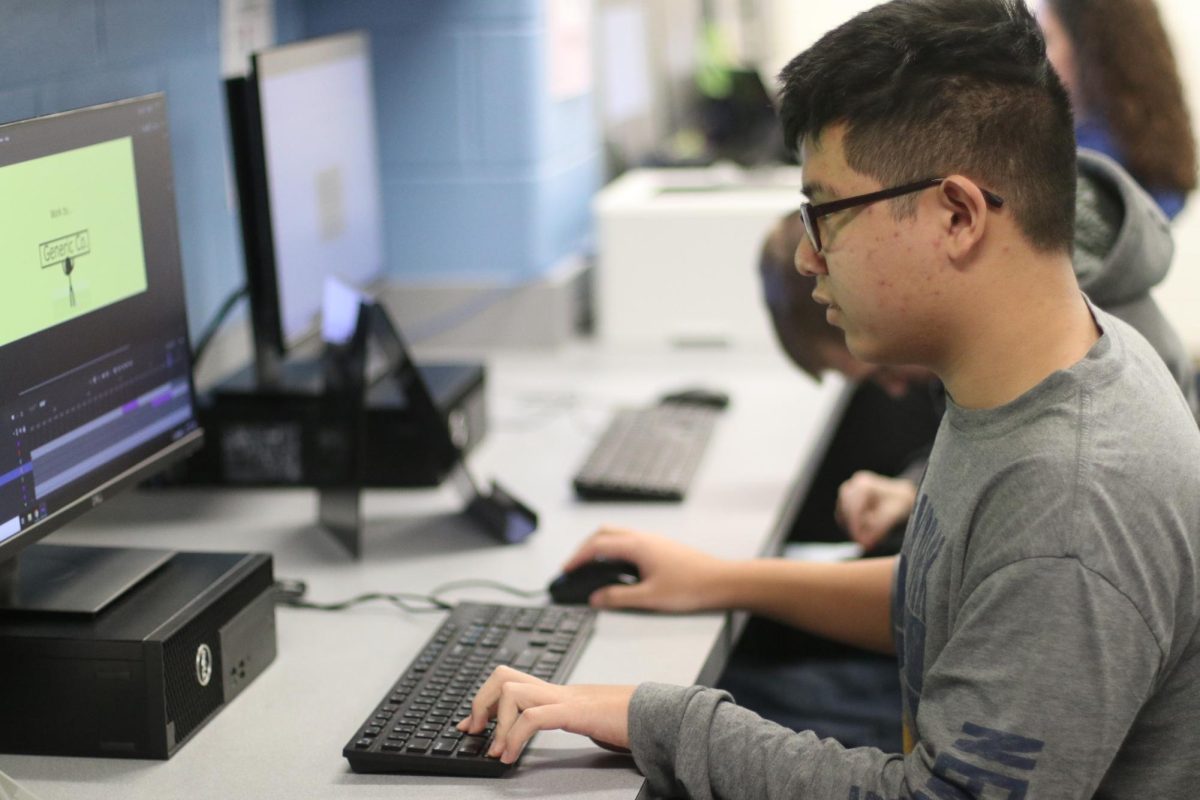Hours of high-flying stunts, tight synchronization and powerful tumbling exhaust her before church. When finally home, tormented eyes and lethargic movement highlight her physical and mental fatigue as she sits down to begin an essay due the next day. Suddenly, she realizes she also needs to study for tests in both physics and history. It is almost midnight, and junior Jaci White has a difficult night ahead of her.
With many high schools starting before 8:30 a.m. and many students waking up as early at 5:00 a.m., getting enough sleep is difficult for several teachers and students. A significant number of high school members do not receive a sufficient amount of sleep. For White, soccer, cheer and homework take time away from sleep that could be significantly beneficial.
“We have cheer practices once to twice a week, a game and soccer practices four days after school,” White said. “In the morning, [during] first period, most people are tired. [With more sleep],I feel like I would definitely be more awake in first and second period and maybe be able to think better.”
The National Sleep Foundation reports that teenagers need between eight and ten hours of sleep each night to perform their best. Currently, only 15 percent get this amount of sleep, and many students attribute the concern to homework.
“If you’re not getting enough rest, it definitely affects your whole body,” psychology and geography teacher Amy Shively said. “Students are running on a lack of sleep because of jobs, sports and grades, [but] I actually feel like my first period class [does] well in the morning. It seems like, after lunch, they come in and they’re pretty tired.”
The foundation also states that adequate amounts of sleep improve students’ performance in school as well as their ability to cope with stress. Irregular sleep patterns, however, damage both biological clocks and the quality of sleep.
“I think it would help a lot of students,” senior Tyler Meador said. “I know a lot of people who don’t get a lot of sleep. They get one or two hours, so they end up falling asleep in all of their classes, which really affects them.”
Students often perform better on quizzes and tests in classes that occur later in the day than earlier. For many, clear and accurate thinking is difficult when not completely awake.
“It seems that you have those that, the longer school goes on, they get really sick of it and give up,” Shively said. “They get in a routine, and it’s not as exciting.”
Students often cite freshman and senior years as those they get the least sleep in. The former occurs because of the new stress of high school and the latter because of the added pressure of college applications.
“Definitely, this year is my least amount of sleep due to all of the work from AP classes,” Meador said. “But I think I was affected more my freshman year because I still wasn’t accustomed to it, so I fell asleep a lot more than I do this year.”


